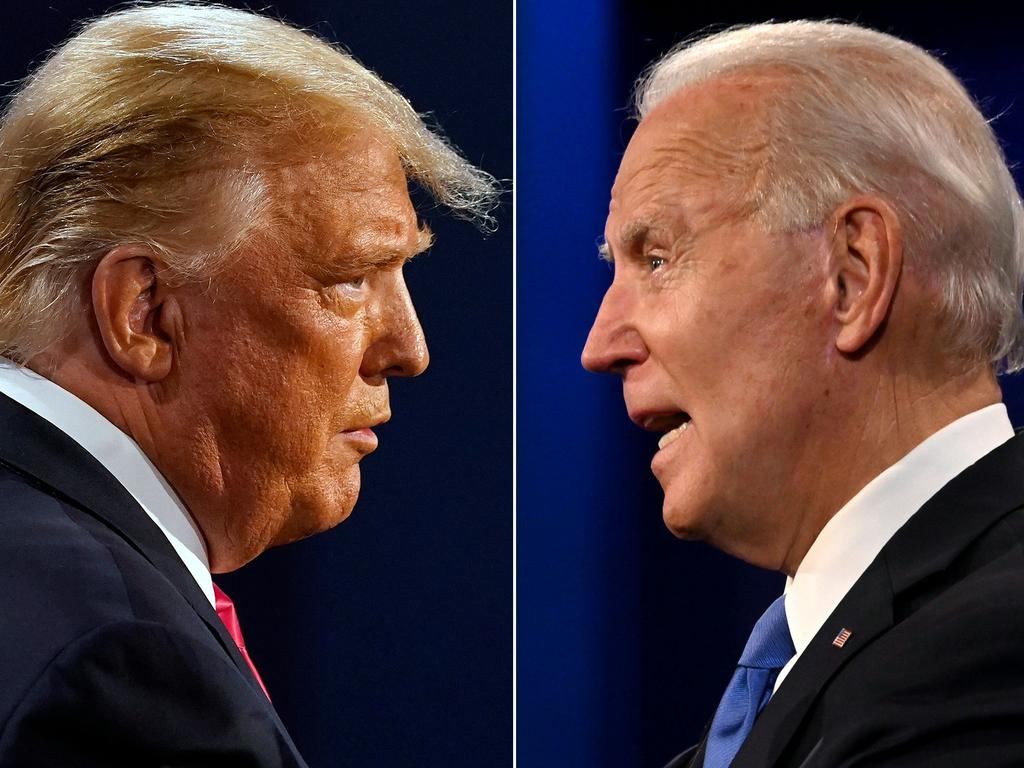
Now pushing 80 and still employed at The Washington Post, Woodward no longer needs to make his living breaking big stories from the paper’s newsroom. Instead he has become a sort of instant historian of the American presidency. Every couple of years, in the dog days between a presidential election and the congressional midterms, the reliable narrator of Richard Nixon’s skulduggery publishes a book full of breathless detail about recent goings-on at the White House.
There have been almost two dozen books and there’s no doubt that Woodward, by dint of his record and connections, is the nonpareil chronicler of the Washington soap opera. His only literary excursion outside the beltway was a curious and somewhat ill-advised 1984 biography of John Belushi, the wild-eyed comedian who died young after a drug overdose. Since then the consummate Georgetown insider has stuck to his knitting.

The latest work, which straddles the end of Donald Trump’s presidency and the first few months of Joe Biden’s, landed this week. Peril might be a natural coda to the two previous volumes on the Trump years, Fear and Rage. Co-authored with fellow Washington Post reporter and would-be Woodward in embryo Robert Costa, its main focus is Trump’s bid to overturn the result of the election, culminating in the January 6 Capitol riot.
While there’s no denying the appeal of these books for the politically obsessed, the Woodward methodology has many objectors. Frequently, conversations between two people will be reported — often apparently verbatim and in quotation marks — as though Woodward had been seated there, pencil and notebook in hand, on the edge of some cabinet secretary’s bathtub while he conducted a top-secret phone call with a foreign counterpart. Woodward is well connected but not that well connected.
Disqualifying flaw
But there is always one overarching and ultimately — from a historiographical perspective — disqualifying flaw. Each time there is, transparently, one particular source for most of the especially revealing episodes. In the past it might have been a CIA director who alone had the foresight to foil a terrorist plot or a national security adviser who drove the prosecution of the most successful war in American history.
You don’t need to be a cynic to see what’s going on here: Woodward doubtless speaks to many people, but there is always a direct relationship between the amount of access a high-ranking official gives him and the amount of virtue that official is assigned in the story.
The latest hero is Mark Milley, the chairman of the joint chiefs of staff, who, in the mouth-agape, edge-of-the seat retelling of the last days of Trump, is The Man Who Saved America. Milley is portrayed, throughout, as alarmed by the former president’s determination to contest the election result and terrified by his increasingly intemperate outbursts. He holds emergency calls with his top generals and political figures such as Nancy Pelosi, the Democratic Speaker of the House, to plot ways to ensure Trump does not use the military as a pretext to prolong his tumultuous waning days.
He calls his Chinese counterpart to reassure him that intelligence Beijing has received suggesting Trump might launch a war against them to save his presidency is unfounded. At one point he apparently says he’ll even tip them off if an attack is on the way. The general says in those unsettling final days that he saw it as his job to pilot the US government through to the inauguration of Biden. “We’re going to land this plane,” he is repeatedly quoted as saying.
Troubling
Milley’s central role tells us he was clearly an eager participant in Woodward’s reporting. From other reports, we can be confident that Trump’s behaviour in those final weeks was indeed well beyond the pale. It’s easy to see why Milley is portrayed as a hero.
But the general’s self-aggrandising account is troubling. As Milley knows, there are clear operational procedures that must be performed before a presidential war directive can be implemented. As crazy as Trump may have been, the idea that he could press a nuclear button and start World War Three in a fit of rage is fanciful. As it happens, of course, for all the former president’s notorious intemperance, he had proven to be the most reluctant warrior among any of America’s recent presidents.
But much worse, Milley’s decision to go so public, through the medium of the author, with the tale of how he thwarted impulsive presidential action is itself a shocking breach of the constitutional order.
Milley remains joint chiefs chairman. As one dismayed senior former military chief told me this week, a carefully planned public relations campaign to explain how America’s top soldier directed his senior officers, and other officials, to prepare to defy the commander-in-chief’s authority is a reckless departure for the US. It nudges American government closer to banana republic territory. What if Milley or some successor decides that Biden is too cognitively impaired to give orders and that it’s the military’s job to work around or defy him?
There are all sorts of protocols in place to ensure American democracy functions even in the most stressful of circumstances. One of the most important is civilian authority over the military. In making himself the star of Woodward’s latest incomplete history, America’s top soldier has just blown another hole in the nation’s defences.
The Times








Almost 50 years after becoming half of the most famous reporting duo in newspaper history, Bob Woodward has settled into a more routine and decidedly less subversive role than the one that helped bring down a president.